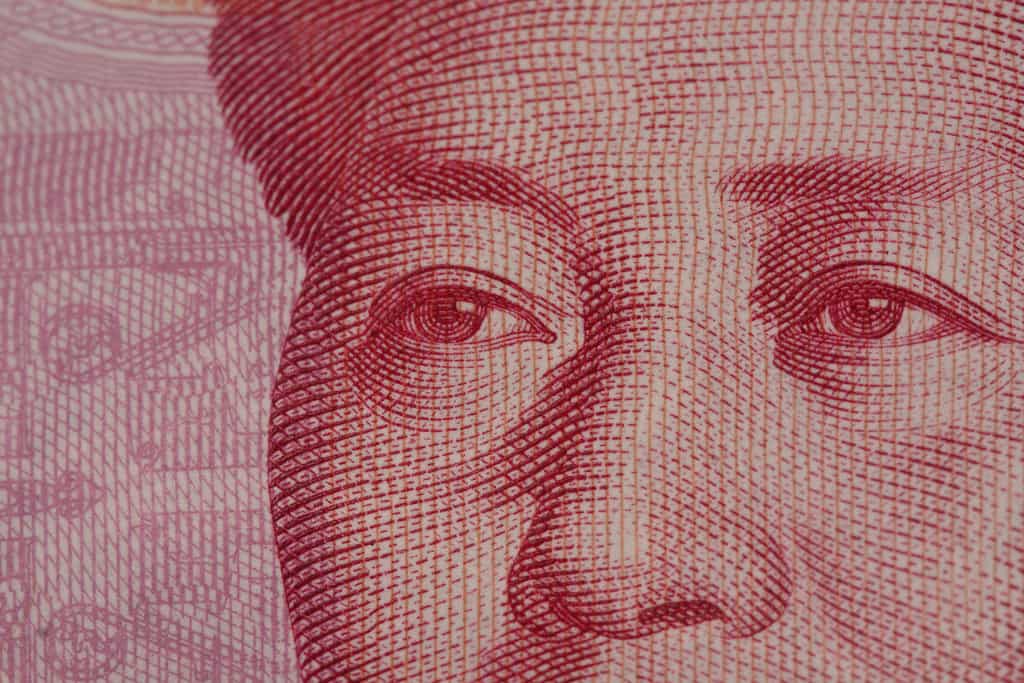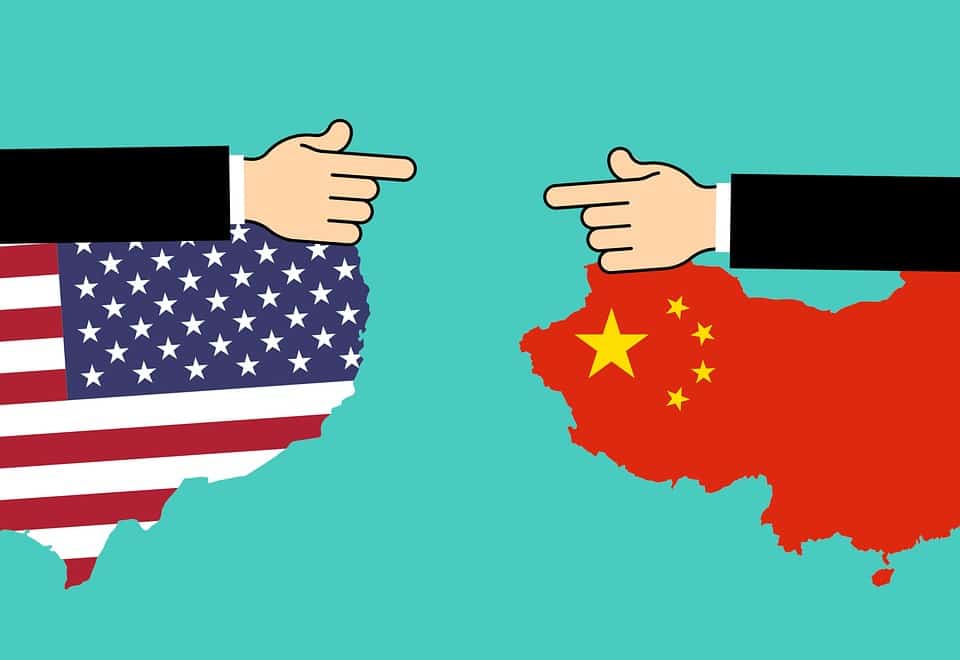China’s state media has sought to assuage concerns that recent fluctuations in the RMB- USD exchange rate signal a concerted effort to depreciate the yuan amidst worsening Sino-US trade tensions.
According to Xinhua “even if current Sino-US trade tensions escalate, China has not decided and also has no need to use RMB depreciation to search for a so-called ‘export advantage.'”
“For this reason the basic theme of bidirectional RMB exchange rate fluctuations within a rational bound will remain unchanged.”
Zhou Yu (周宇), a researcher from the World Economy Research Institute of the Shanghai Academy of Social Sciences said to Xinhua that he expects the Chinese yuan to remain firm on the back of the country’s solid economic fundamentals.
“China’s economy is improving amidst stability, with capital inflows exceeding capital outflows, an overall trade surplus, and the RMB exchange rate steadily rising following excessive adjustments in the past,” said Zhou.
“These all mean that there is no objective foundation for the RMB to significantly depreciate.”
According to Zhou if China’s trade surplus significantly dwindles as a result of tensions and this puts pressure on the RMB, this will be a passive outcome that significantly offsets the impact of America’s higher tariffs, as opposed to “the result of China actively searching for depreciation.”
Cheng Shi (程实), chief economist with ICBC International, said that the “internal stability” of the RMB’s effective exchange rate against a raft of currencies remains unchanged, and is the result of gradual improvements in the formation of exchange rates, fundamental changes in exchange rate expectations, as well as the steady health of economic fundamentals.
Cheng points out that any depreciation move would also undermine China’s ongoing efforts to shore up the status of the yuan.
“At present, the renminbi has a marked influence upon the exchange rates of other BRIC nations, Latin America, the Middle East and Australia…strengthening of endogenous stability sets the foundation for the RMB developing into a potential ‘anchor currency.'”
Chinese central bank governor Yi Gang recently said that China’s monetary policy is determined primarily on the basis of domestic considerations and the need to better service the real economy.
“Our monetary policy as well as foreign exchange policy is functioning very well…market supply and demand is now the foundation of the forex market. [We] make reference to a basket of currencies to conduct adjustments, for the implementation of a managed fluctuating exchange rate regime,” said Yi.
“The People’s Bank of China has not engaged in foreign exchange interference for quite a long period now, and the forex market is currently capable of very effectively servicing individuals and enterprises, and making it more convenient for Chinese as well as foreign companies to engage in trade and investment.”
With respect to its recent 100 basis point cut in the required reserve ratio and the 1.3 trillion yuan in liquidity that this is expected to unleash, PBOC said that funds will mainly be used to support the repayment of its medium-term lending facilities (MLF) by commercial lenders as well as drive financial inclusion.
PBOC has stressed that “the theme of stable and neutral monetary policy remains unchanged”


